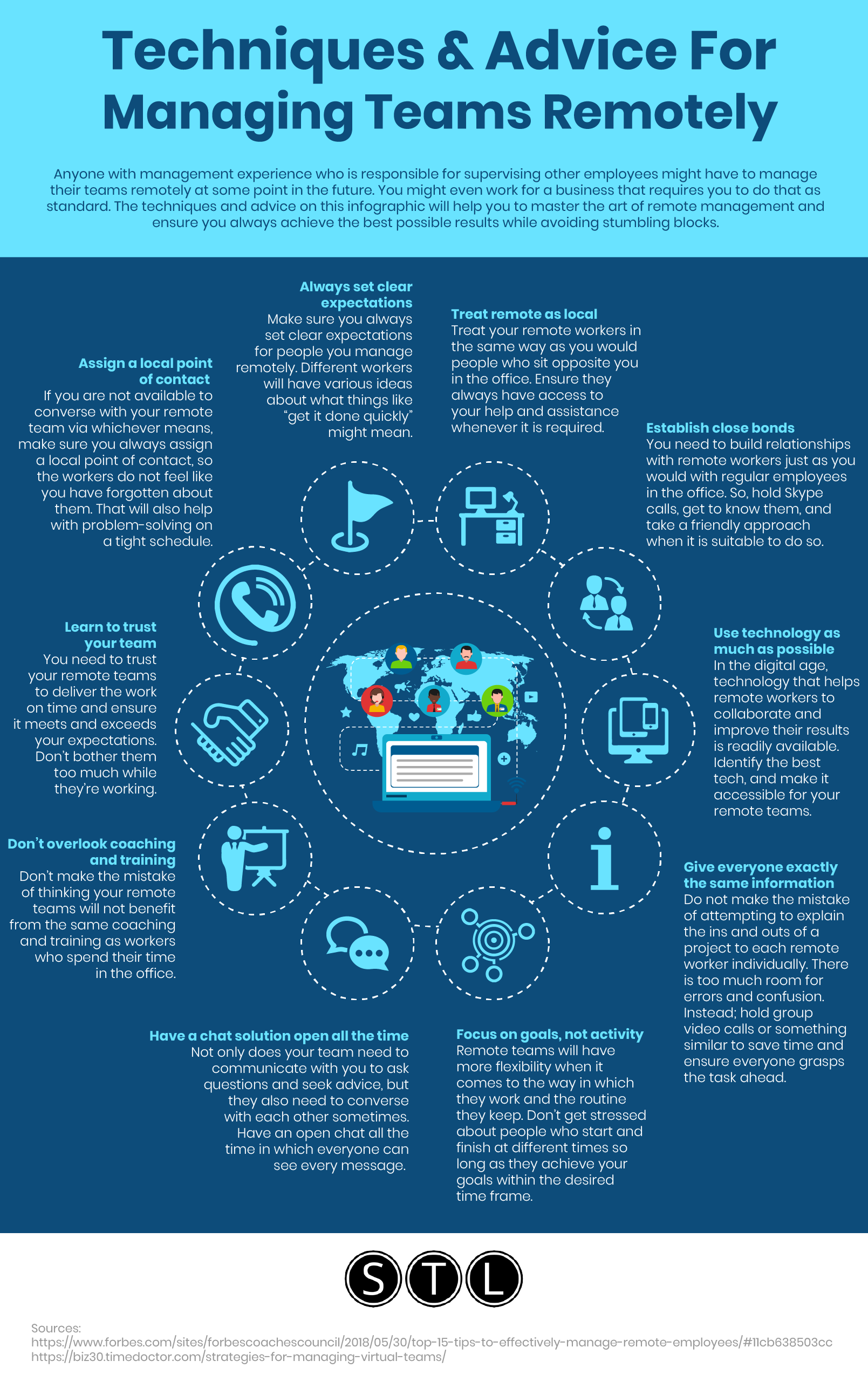Scientists have discovered that when mammals don’t have enough social connection, their brains begin to deteriorate. It occurs in mice, and it’s possible it may occur in humans as well. There is a substantial danger of brain atrophy associated with remote employment, particularly if people feel lonely and isolated while they are at home.
However, this issue can be easily fixed if managers maintain consistent communication with their teams. The mental health of an employee can be greatly improved with as little as a fifteen-minute phone call or video chat.
Take Special Care With Your Written Messages
They say that nonverbal cues account for 90% of all communication. However, this regulation is only in effect while people are physically present. When you have to communicate solely through email, the dynamic shifts drastically. Your entire paradigm shifts overnight.
Misunderstandings happen when people miss the bigger picture of a discourse. The repercussions may be devastating at times. The problems are usually of an emotional nature. If someone removes anything from its original context or misinterprets the tone, they may become angry.
Therefore, businesses should develop methods for maintaining upbeat communication even when nonverbal cues are lacking. Instruct the group to use emojis freely as they are an effective means of expressing emotion.
Leave The Career Ladder Open
Workers who choose for remote employment should not assume that they would no longer be motivated to advance in their careers. Therefore, managers shouldn’t either.
Sometimes, workers who are given the option to work from home may feel like they are stuck in a rut. They aren’t exposed to as many potential business contacts. That makes it tougher for them to chart a course for professional advancement. By recognizing that they still aspire to achieve more in their jobs, you implicitly demonstrate your support.

Infographic Design By STL
Disclosure: This is a collaborative post.
